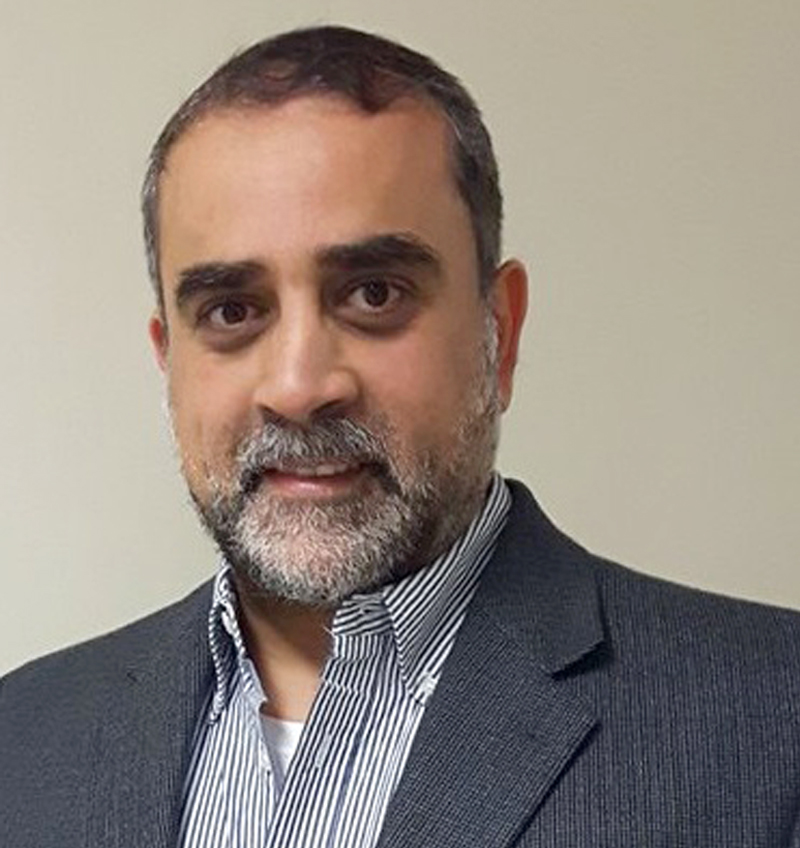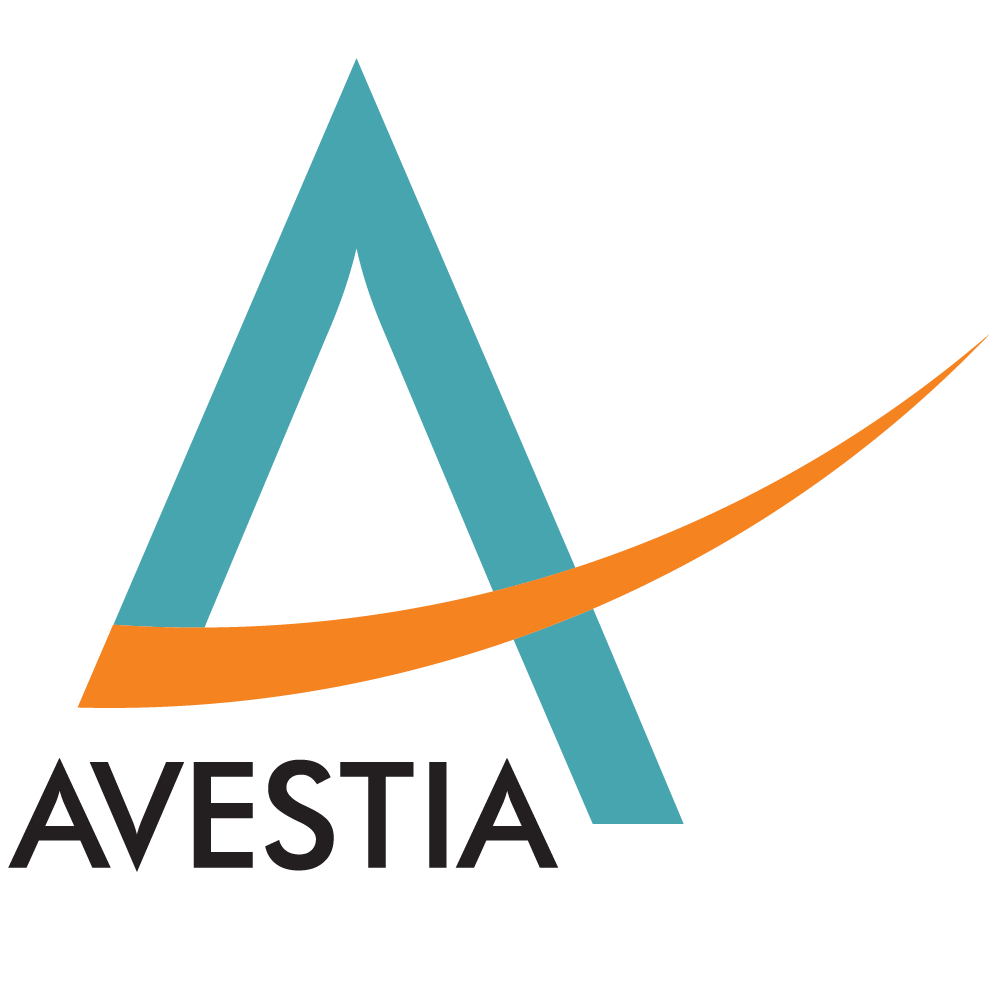5th International Conference on Environmental Pollution, Treatment and Protection (ICEPTP'20)
October 18, 2020 - October 20, 2020 | Lisbon, Portugal
Due to COVID'19 pandemic it held VIRTUALLY
The 5th International Conference on Environmental Pollution, Treatment and Protection (ICEPTP'20) held Virtually on October 18-20, 2020. ICEPTP'20 has been completed with great success and this would not have been possible without the dedication and help of the organizers, the chairs and keynote speakers, scientific committee members, and all participants. Many thanks for their continuous support.
Submissions
Submissions were in the form of extended abstracts, short papers, and full manuscripts.
- all submitted papers were peer-reviewed
- the conference proceedings were published under an ISSN and ISBN number
- each paper were assigned a unique DOI number by Crossref
- the conference proceedings were indexed by ScopusandGoogle Scholar
- the proceedings were permanently archived in Portico (one of the largest community-supported digital archives in the world).
Congress Chair


Dr. Joaquim Barros
Institute for Sustainability and Innovation in Structural Engineering, University of Minho, Portugal
Conference Co-Chair
Scientific Committee Members
Dr. James Ball, University of Technology Sydney, Australia
Dr. Valentina Busini, Politecnico di Milano, Italy
Dr. Bing Chen, Memorial University of Newfoundland, Canada
Dr. Mervat El-Hoz, University of Balamand, Lebanon
Dr. Fatma Esen, Uludag University, Turkey
Dr. Alireza Eslamian, ESS Engineering Software Steyr GmbH, Austria
Dr. Davide Astiaso Garcia, Sapienza University, Italy
Dr. Eda Goz, Ankara University, Turkey
Dr. Mohamed Hamouda, United Arab Emirates University, UAE
Dr. Gordon Huang, University of Regina, Canada
Dr. Stuart Khan, University of New South Wales, Australia
Dr. Woo Hyoung Lee, University of Central Florida, USA
Dr. Yi-Pin Lin, National Taiwan University, Taiwan
Dr. Elena Maria Alvareda Migliaro, Universidad de la Republica, Uruguay
Dr. Maxim Muravyov, Research Center of Biotechnology of the Russian Academy of Sciences Winogradsky Institute of Microbiology, Russia
Dr. Andrea Szabó Nagy, Széchenyi István University, Hungary
Dr. Meysam Majidi Nezhad, Sapienza University of Rome, Italy
Dr. R.I. Ngochindo, University of Port Harcourt, Nigeria
Dr. Grzegorz Sierpiński, Silesian University of Technology, Poland
Dr. Wai Yuen Szeto, University of Hong Kong, Hong Kong
Dr. Szabolcs Szilveszter, Sapientia University, Romania
Dr. Chuyang Y. Tang, University of Hong Kong, Hong Kong
Dr. Pavel Tlustoš, Czech University of Life Sciences Prague, Czech Republic
Dr. Yi-Tin Wang, University of Kentucky, USA
Dr. Keisuke Watanabe, Tokai University, Japan
Symposium on Forensic Engineering
The objective of the symposium is to provide an overview of the forensic (civil) engineering science, to review the latest investigation techniques adopted in this sector, and to discuss the non-engineering aspects of structural and geotechnical failures. A number of internationally renowned speakers representing the spectrum of disciplines typically involved in the forensic engineering business will be sharing their knowledge with the symposium attendees. The speakers will have a chance to discuss some of the notable case studies they had a chance to investigate. In addition to practicing engineers and university professors, lawyers and insurance specialists will share with the audience the legal and financial aspects of engineering failures. The symposium will include seven 30-minutes presentations, followed by a moderated question and answer period with the panel.
Dr. Ahmed Fahmy
Symposium Chair
30 Forensic Engineering, Canada
Energy and Environment Assessment based on Remote Sensing and Machine Learning
• Remote Sensing
• Environment Analysis
• Machine Learning Methodologies
• Satellite Image Processing
• Forecasting
• Big Data Analysis
• Artificial Intelligence
• Detection analysis and GIS
• Renewable Energy Source AssessmentMeysam Majidi Nezhad and Azim Heydari
Symposium Chairs, PhD Candidates
Sapienza University of Rome, Italy
Best Paper Award Winners
We would like to congratulate the following authors for winning the Best Paper Award:
- Dr. Sara Sousa for the paper entitled: "Environmental Behavior among Higher Education Students "








